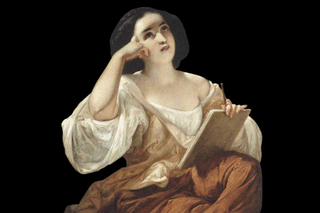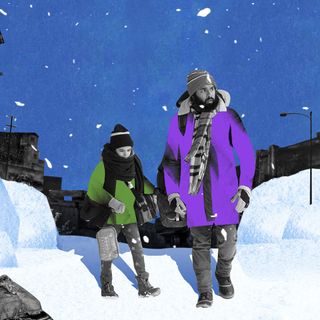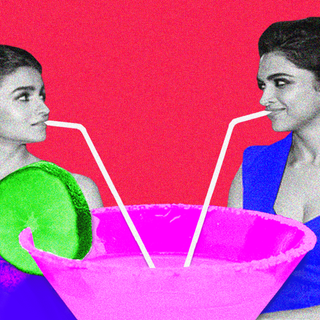
It’s Okay: To Not Know What You Want
Not having it all figured out leaves room to accept life for what it is — not what it should be.

In It’s Okay, we defend our most embarrassing, unpopular opinions.
A popular 1975 song speaks of the cascading waters of March, carrying a grimness within. The flow of the river gives the impression of a life of daily monotony, one where we unwittingly participate in the march of life and death. The song finds new life towards the end of the 2021 Norwegian movie, The Worst Person in the World (2021); the movie itself pieces together a portrait of unconventional adulthood. Julie, the protagonist, is not yet fully shaped in a world yearning for structure, especially from those inching towards the big three-o.
For the director Joachim Trier, the chaos in the song – the sliver of glass, knot in the wood, song of a thrush – mirrors the chaos of life. Which indeed is a “joy in the heart.”
It’s a bold claim to make. Can chaos, abject uncertainty, ever be a source of happiness? That’s not a familiar messaging; common wisdom has dragged on about being absolutely clear about your goals and choices. Knowing what you want is among the most prized virtues at any stage in life. “If you don’t know what you want,” goes one movie dialogue, “you end up with a lot you don’t.”
I would love to have clarity. About the career I want, the relationships I want to pursue. If I want Chinese for dinner or Italian; if I want to watch a gritty thriller this weekend or the more vulnerable Licorice Pizza (2021). Ask me a question, and the answer will almost always be: “I don’t know.” This is in defense of everyone who lives in a pit of uncertainty. Where restless reigns supreme, indecisiveness is the norm of the day, and accepting oneself is an elusive goal.
There’s this neat idea of ambition that works to optimize your life; if you want to be an engineer, work backward from there, until you know the tiniest detail of what your life will look like even at the age of five. But this feels grievously misguided; to fragment time and living into compartments, blazing through them as if you’re blazing through a checklist.
“Don’t treat your life like a formula you have to spend ten years writing, only to have maybe the next finite amount of time slightly better off,” a fellow indecisive person wrote recently.
Related on The Swaddle:
The Pandemic Has Changed Intimacy For Good
Søren Kierkegaard, a Danish philosopher, once acutely pointed out that we can only understand our life backward — but we’re forced to live it forwards. “And I think that’s the confusion we all feel, is that we always learn too late. And you become a richer person through those sometimes painful experiences, a more whole person and perhaps a more accepting person in terms of accepting others,” Trier said in an interview. Finding yourself versus figuring out life exists as two false dichotomies — pitted against each other. But that doesn’t have to be the case.
In accepting this co-existence, people like us also hat tip to the journey, instead of the destination. “Your own idea appears only when you have the actual experience of what you want. You can’t know until you taste it,” Raptitude noted. When people are pushed to come up with one answer — one end goal of our lives — the messaging seems to be to “capitalize” on the experiences instead of living them. People deliberately blind themselves to a world of choices, just to look better.
There’s also a hint of defiance in boldly refusing to conform to some semblance of order. “Your whole life, society has told you what you want. Others know what they want you to want. Your family, your religious institutions, your politicians and your retailers know exactly what they want you to want. You’ll get everyone’s idea but your own, but these foreign ideas will accumulate, and in the absence of your own they get you chasing things,” Raptitude added.
That defines a great degree of the adulthood experience; conforming with the social order is the “right” way to go about things. Having a stable job, a stable relationship, a life where the next three, five, 10 years are charted out. In Zindagi Na Milegi Dobara (2011), we meet this Hritik Roshan, one who knows his life plans at least until he turns 40. He only feels liberated when he digresses from this beaten path.
Moreover, there’s wisdom in learning to live with uncertainty — about ourselves or the world around us. Even Forrest Gumpthought life was a box of chocolates — you never know what you get. It’s okay, then, to accept life for what it is — not what it should be.
Saumya Kalia is an Associate Editor at The Swaddle. Her journalism and writing explore issues of social justice, digital sub-cultures, media ecosystem, literature, and memory as they cut across socio-cultural periods. You can reach her at @Saumya_Kalia.
Related


‘Station Eleven’ Reimagines How Kinship Can Look During a Crisis
